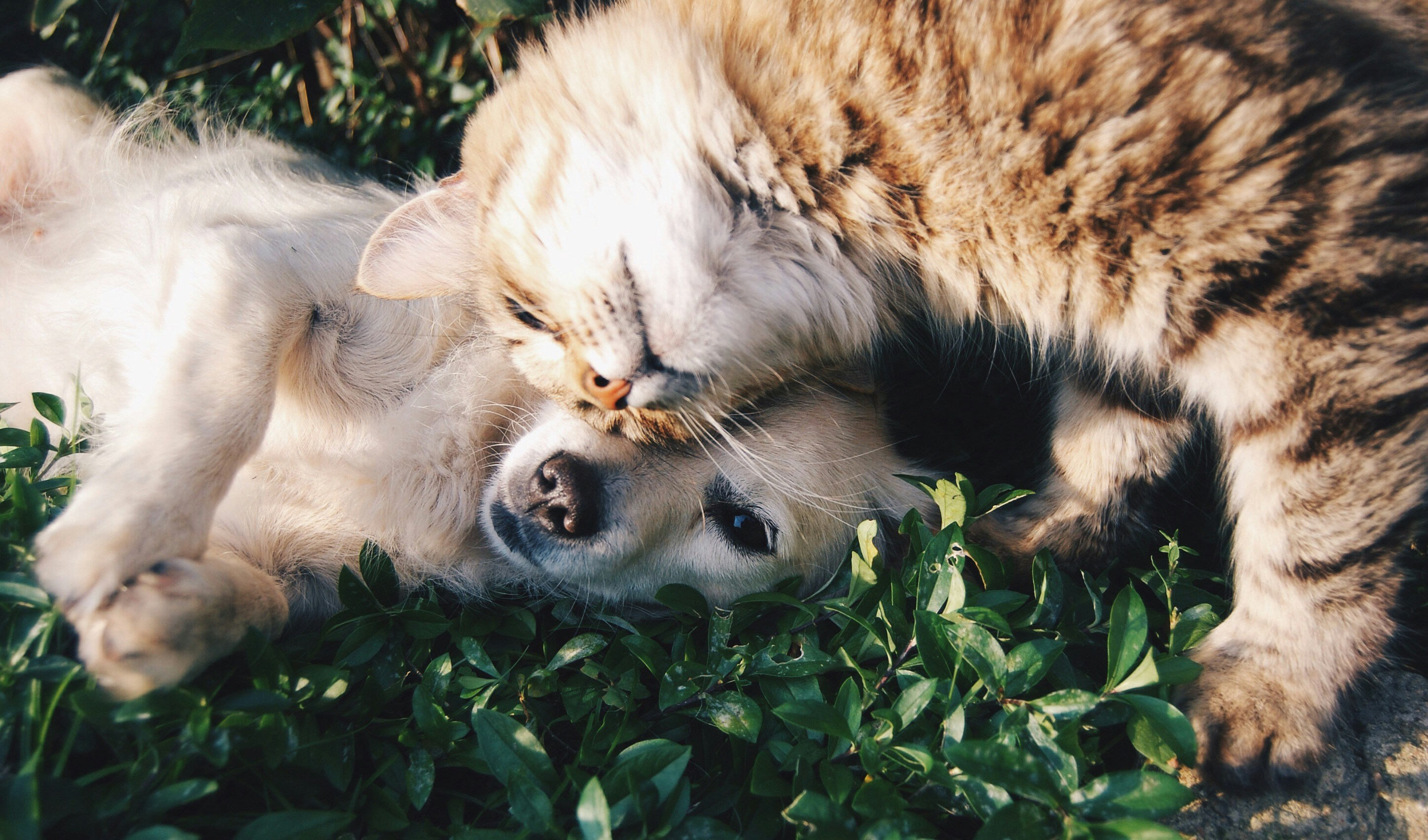Pets: Boosting Health and Happiness in Later Life

Pets: Boosting Health and Happiness in Later Life
Successful aging isn’t just about living longer. It’s about continuing to engage in activities you love and finding meaning in everyday life—while maintaining physical, cognitive, and mental health.
As the proportion of older adults grows, the idea of healthy aging has gained more attention. Pets, in particular, may play an important role in this journey. They motivate us to stay active, provide laughter and companionship, and even help us connect with neighbors and make new friends. Studies show that pets benefit people of all ages, and older adults can enjoy physical, social, and emotional gains from having a furry companion.
The Health Benefits of Pets
1. Reduce Loneliness and Improve Mental Health
Pets can ease feelings of isolation and loneliness, offering emotional comfort and improving overall mental well-being.
2. Heart Health
Owning a dog can be especially beneficial. Regular walks increase physical activity, lower cardiovascular risks, and improve overall heart health.
3. Slower Decline in Physical Function
A 2022 longitudinal study funded by Waltham found that while physical abilities naturally decline with age, pet owners experience a slower overall decline in physical function.
4. Increased Physical Activity
A 2019 study showed that dog owners not only stay active through walking but also tend to engage in more physical activity overall—aligning with recommended healthy lifestyle standards.
5. Reduced Risk of Death
Research published in the Journal of the American Heart Association highlights that older adults who live alone and own a dog have a 33% lower risk of death after a heart attack and a 27% lower risk after a stroke. In general, dog owners’ overall risk of death is reduced by 24%, and cardiovascular-related deaths decrease by 31%.
6. Better Stress Management
Pet owners handle stress more effectively, showing lower heart rate and blood pressure responses, calmer reactions, and faster recovery.
7. Lower Risk of Frailty
Older adults who have owned dogs or cats are less likely to become physically frail within the following two years compared to those who have never owned pets.
Tips for Choosing Pets for Older Adults
Selecting a pet for someone else isn’t always wise. Discuss with the older adult, family members, or caregivers to ensure a pet is feasible. Consider their personal needs, living environment, budget, and daily routines when choosing the right pet.
Even if owning a pet isn’t possible, older adults can still enjoy animal companionship through fostering, volunteering at shelters, pet-sitting, or participating in puppy training programs that prepare guide or service dogs.
So let’s hug them, go for walks, meow, wag tails, and enjoy the joy of pets!
While there’s still much to learn about how animals enrich our lives, research already shows they help us stay active, happy, and youthful—one of the many reasons we love them so much.




